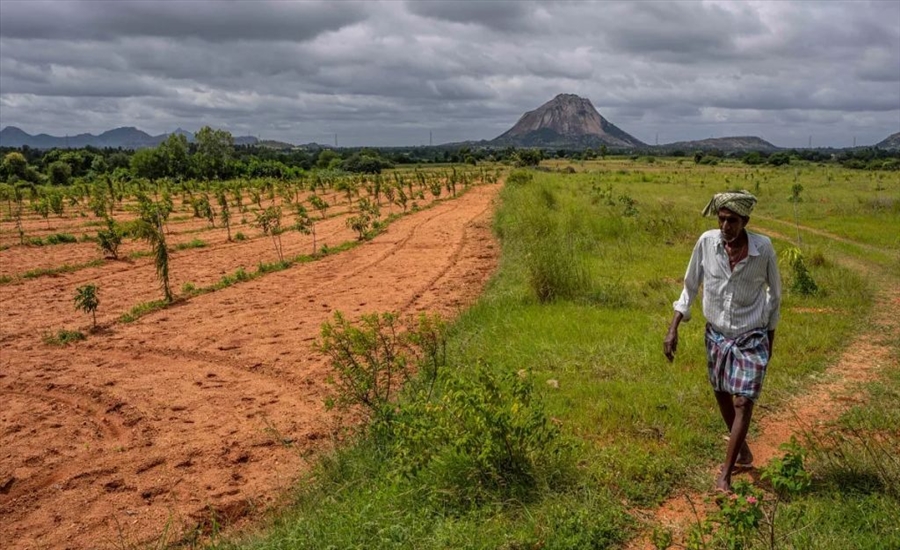10 Ways Farmers Are Fighting Climate Change

Agriculture is both a contributor to and a victim of climate change. However, farmers worldwide are embracing innovative practices to reduce emissions and build resilience. Here are ten ways they are fighting back against climate change:
1. Adopting Conservation Tillage
Conservation tillage reduces soil disturbance, allowing it to retain carbon and reduce erosion. This method not only enhances soil fertility but also prevents the release of greenhouse gases.
2. Planting Cover Crops
Farmers are planting cover crops like clover or rye to protect the soil during off-seasons. These crops trap carbon, improve soil health, and prevent nutrient loss, fostering a sustainable cycle.
3. Using Renewable Energy
Solar panels and wind turbines are becoming staples on farms. Renewable energy not only powers equipment but also reduces dependence on fossil fuels, lowering the carbon footprint.
4. Precision Agriculture
Technologies like GPS-guided tractors and drone monitoring enable farmers to use water, fertilizers, and pesticides more efficiently, minimizing waste and reducing environmental harm.
5. Practicing Agro forestry
Integrating trees into farming systems creates a dual benefit: carbon sequestration and diversified income. Trees act as carbon sinks while also providing shade and shelter for crops and livestock.
6. Improving Livestock Management
Farmers are optimizing livestock diets to reduce methane emissions. Additionally, they’re incorporating rotational grazing, which improves pasture health and carbon storage.
7. Reducing Food Waste
By harvesting smarter and connecting directly with markets, farmers reduce food waste. Every pound of food saved means fewer resources wasted and fewer emissions from decomposition.
8. Switching to Organic Inputs
Synthetic fertilizers and pesticides are major greenhouse gas culprits. Organic inputs, such as compost and manure, offer a sustainable alternative that enriches the soil naturally.
9. Using Climate-Resilient Crops
Farmers are experimenting with crops bred for drought tolerance and disease resistance. These resilient crops ensure food security even under unpredictable weather conditions.
10. Participating in Carbon Farming Programs
Many farmers are joining carbon credit programs, earning revenue by adopting practices that reduce emissions. These initiatives incentivize sustainable farming while addressing climate change on a global scale.
By combining traditional knowledge with modern innovation, farmers are proving to be key allies in the fight against climate change.

